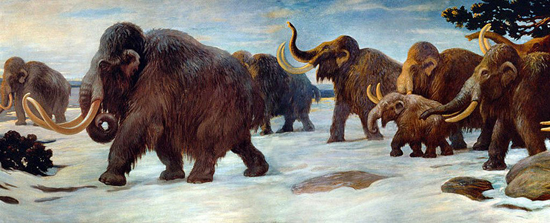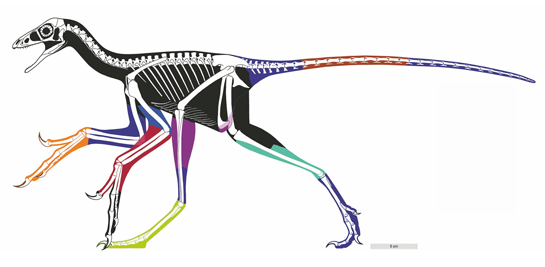Ancient Reptile set to become a Dad at the Age of 111
The number 111 is often regarded as a bad omen, especially by cricketers as when written down it resembles a wicket without the bails, an indication of being “out”, but for one reptile, 111 has turned out to be their lucky number.
An 111 year-old Tuatara is set to become a father for the first time. After nearly 40 years in captivity, Henry, a male Tuatara and his sprightly 80 year-old mate, Mildred have produced a clutch of eleven eggs.
The Tuatara in the picture is a male, they tend to be bigger than the females and sport a more prominent crest running down their neck and back.
Henry and Mildred are residents at the Southland Museum and Art Gallery at Invercargill on the southern tip of New Zealand’s South Island. The Tuatara is very rare and is to be found only on a few remote islands off the coast of New Zealand, although a team of scientists and conservationists are trying to establish a viable colony of these little reptiles in a secret location on South Island.
To read more about the attempts to introduce Tuataras to the mainland of New Zealand: Living Fossil helped back to Mainland.
Few plants and animals around today can be seen as relics from pre-history, such organisms are often referred to as “living fossils”. The Tuatara is one such creature, an ancient reptile that superficially resembles a lizard but is in fact a member of the Order Sphenodontia and not part of the Order Squamata (lizards and snakes). Tuatara is actually a Moari name, this animal is known by the genus Sphenodon (means wedge tooth), by scientists. Henry and Mildred are certainly doing their bit to help maintain the population of these rare and special animals, however, it will be a further six months before the eggs hatch and they will need to be carefully incubated.
For many years, Henry showed no interest in mating, in fact his aggressive behaviour towards other Tuataras meant that he had to be kept in isolation. When the keepers at the Museum first tried to mate Henry with Mildred twenty-five years ago, they certainly did not get along. Poor Mildred had her tail bitten off by feisty Henry, so the two were separated and Henry was sent to solitary confinement. However, the passage of time seems to have mellowed Henry and in his later years he seems to becoming a bit of a ladies man.
Back in 2002, Henry underwent surgery to have a growth removed, this growth must have caused him some discomfort which may explain why he was always so grumpy. The eggs are doing well under incubation after getting off to a difficult start and under the watchful gaze of the keepers the little brood has a good chance of making it.
However, Henry’s handler will not be counting his Tuataras before they hatch, producing offspring is a difficult process, even under the carefully managed conditions of captivity, but the museum was able to produce 21 hatch-lings last year and they are hoping to break this record over the next 12 months.
Tuataras are certainly remarkable creatures, how remarkable has recently come to light when scientists began to study their DNA closely. To read more about what we are learning about Tuataras from their genes: Tuatara with a surprise in its genes.






Leave A Comment